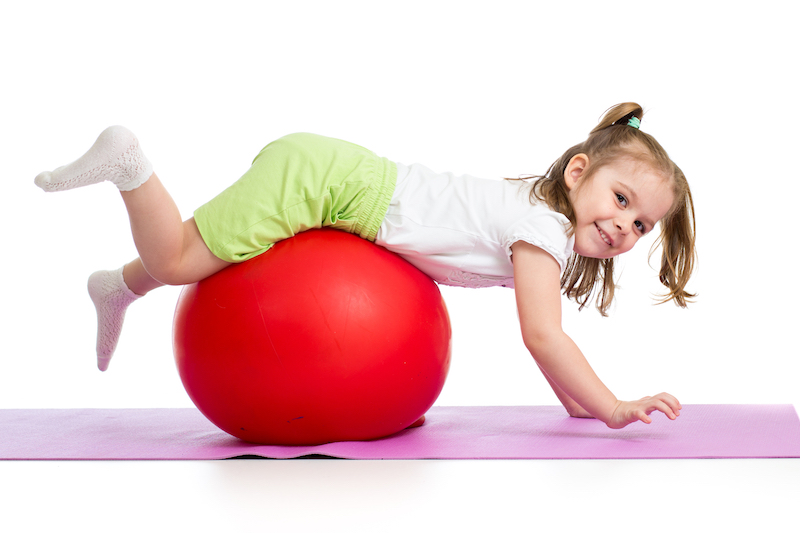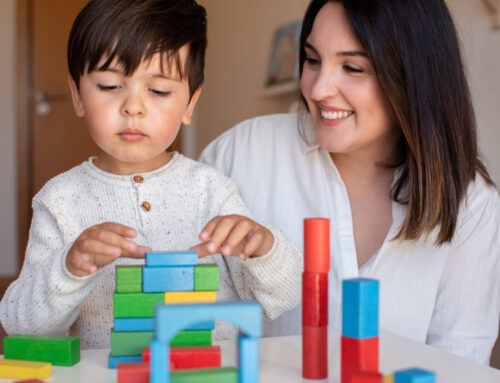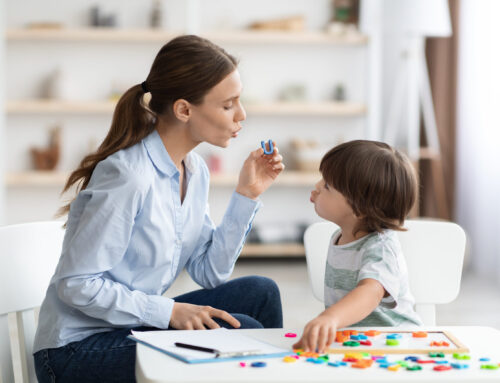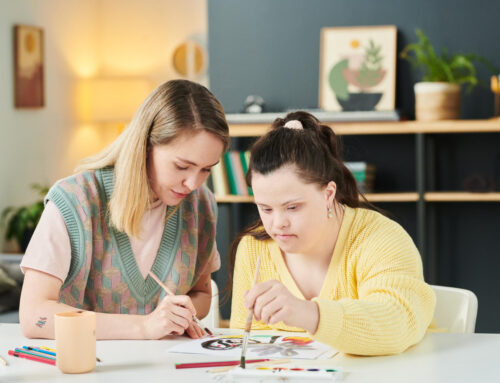
As parents, when we contemplate our child’s overall growth and development, how many of us get caught up in their mobility and physical capability that we forget about their mental growth? Mental health is already a realm approached with caution and stigma in the adult world, so it’s fair to say that we shy away from this topic when it comes to children.
The CDC (Centers for Disease Control and Prevention) reveal that 1 in 5 U.S. children from ages 3 to 17 years old have a diagnosable mental, emotional, or behavioral disorder. Only 20% of these children receive an actual diagnosis and 80% do not get treatment. (Generation at risk: America’s youngest facing mental health crisis) This data collection does not just include the typically heard of childhood diagnoses such as autism and ADHD. This information encompasses children who are battling depression and anxiety disorders as well.
Hold on. Some parents may think that depression or anxiety cannot possibly be concerns for children this young. However, the signs are more prevalent during this time of life than we think. The symptoms just manifest themselves differently compared to adults with depression or anxiety. If these conditions aren’t appropriately addressed during childhood, then behaviors escalate and turn into unmanageable challenges during the teen years. For example, according to the CDC, serious depression is worsening in teenagers and the suicide rate among specifically teenage girls reached a 40-year high in 2015.
So, how do you know if your child’s mental health is less than optimal? By comparing their behaviors to other children their age. The Child Mind Institute (2019) provides a wide variety of tips for parents regarding what signs to look for in children 3-5 years old with behavioral problems:
- Is your child having more serious tantrums than typical kids their age?
- Are they abnormally more exhausting and difficult to manage>
- Have they been suspended from early school programs or excluded from play dates?
- Are they intentionally withdrawn from those around them?
- Is your child’s behaviors seriously disrupting family life and straining other family members?
- Are you concerned about your child hurting siblings or others?
- Is your child’s behavior converting your relationship with them into a negative one? (Problem Behavior in Preschoolers)
Ages 3 to 5 years is the prime time to focus deeply on positively influencing your child’s mental health because just in a short while after, they will be in school when managing behavior becomes increasingly more difficult. Please consider the following tips pertaining to helping your child stabilize their mental health in the form of a summer activity schedule:
- Make your own observations. Put down your phone and “busy hands” work and study your child throughout the day. Watch how they participate in the day-to-day activities, whether it’s alone or with other children. Ask thoughtful questions without judgment about their feelings and about whether certain activities and people help their mental health or set them off into a ball of stress and anxiety.
- Consult with a professional. If you as a parent are not experienced in behavioral assessments, consult with a professional who can give you a second opinion about your child’s behavior. Yes, some tantrums and ballistic behavior is normal for kids of this age group, but a professional will have an eye for details that go unnoticed by most parents.
- Take goals one week at a time. Identify only one item that you want to work on with your child in order to better their mental health. Examples include: anxiety, outbursts at home, outbursts in public, shutting down or withdrawing when activities get too difficult, etc. Choose just one item and take it one week at a time. Mental health is delicate and it is easy to bombard a child with too many techniques which can make matters worse.
- Apply breathing techniques. Teach your child active breathing techniques. When things get tough and you can see the tension in your child bubbling, get them into a pattern of breathing slowly, deeply, in through the nose, and out through the mouth. Tell your child why they are actively breathing and how it reduces anger and stress.
- Try out some summer yoga. Yoga for children is growing and becoming a very popular technique to self-manage difficult behavior. If you are already a yoga guru, research some new techniques that you and your child could use together. Get on your computer and look up community resources for pediatric yoga. (Poses for Kids)
- Try out some mindfulness strategies. Like yoga, mindfulness is growing in popularity among children to reduce stress and anxiety. Research mindfulness strategies (Mindfulness Activities for Children And Teens: 25 Fun Exercises For Kids) on your own or consult with a professional who is certified or educated in providing mindfulness sessions for children.
- Assess your own mental health. Keep your own mental health in check because your child will only feed off of your own stress and anxiety. Find a stress-reducing strategy that works for you. Make time to treat yourself every once in a while. Get adequate sleep and food/water intake. Your child may learn to mimic the self-care that you provide yourself.





